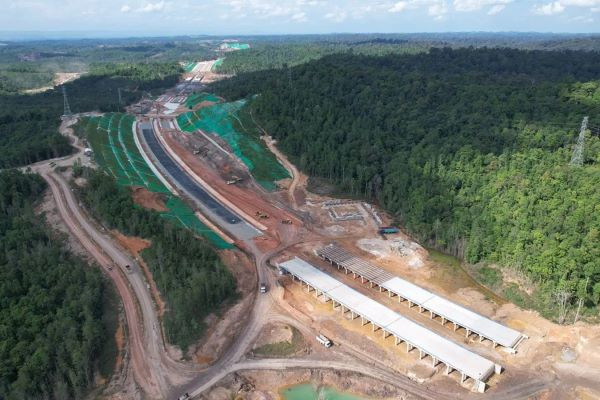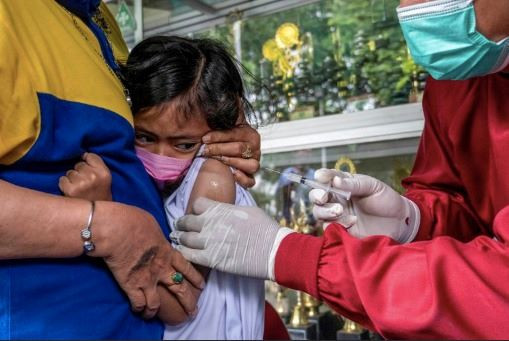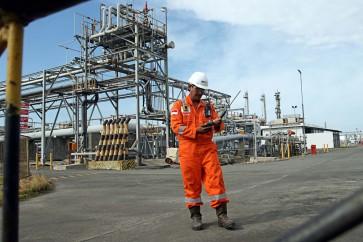World Bank's oil and gas policy: Emil Salim's victory
When Emil presented his conclusions to the World Bank, he was greeted with hostility.
Change Size
 A field worker with oil and gas producer PT Saka Energi Indonesia (SEI) measures the levels of hydrogen sulfide and carbon dioxide at the onshore processing facilities at its wholly owned offshore Pangkah Block in Gresik, East Java, on Sept. 29, 2016. (JP/Wahyoe Boediwardhana)
A field worker with oil and gas producer PT Saka Energi Indonesia (SEI) measures the levels of hydrogen sulfide and carbon dioxide at the onshore processing facilities at its wholly owned offshore Pangkah Block in Gresik, East Java, on Sept. 29, 2016. (JP/Wahyoe Boediwardhana)
T
he World Bank will no longer finance upstream oil and gas activities after 2019. At the One Planet Summit attended by French President Emmanuel Macron, United Nations Secretary-General Antonio Guterres and World Bank President Jim Yong Kim in late 2017, the World Bank Group announced it would put an end to its financing of these industries. And it is about time!
While this is welcome news, one is left wondering why the institution is still financing any extractive industries to this day.
In an attempt to create growth, employment and energy supply for the poor, the world’s most potent development bank has been giving money and knowledge to projects that provably hurt the climate and destroy the habitat of future generations, creating extreme weather conditions and instability, and thus making it necessary to spend billions on climate adaptation and resilience.
Archipelagos like the Philippines and Indonesia have been suffering tremendously from these externalities.
You don’t have to cite disappearing islands like Fiji and Tuvalu; just consider the floods in Jakarta when asking whether this is the type of development we want.
But even without the externalities of oil and gas, how much have countries like Indonesia really profited from resource extraction? Take the huge mining projects like the ones for gold and copper managed by Freeport in Papua, or by Newmont Nusa Tenggara, now PT Amman Mineral Nusa Tenggara, in Sumbawa, West Nusa Tenggara.
They have left enormous areas devastated — but who has really profited? How many local people have become managers and engineers?
















